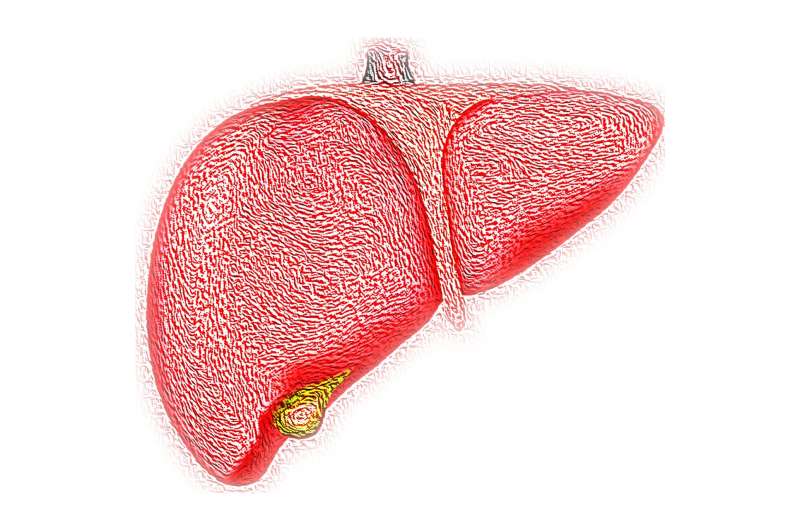Cancer-Related Nerve Damage Contributes to Chronic Inflammation and Resistance to Immunotherapy

New research uncovers how nerve injury caused by cancer promotes chronic inflammation, leading to resistance against immunotherapy. Targeting nerve damage pathways may enhance treatment responses.
Recent research from the University of Texas MD Anderson Cancer Center has shed light on how nerve injury caused by cancer progression can influence treatment outcomes. Cancer cells can dismantle the protective myelin sheaths surrounding nerves, resulting in nerve damage that triggers persistent inflammation. This chronic inflammatory state can exhaust immune responses, ultimately making immunotherapy less effective, a phenomenon known as immunotherapy resistance.
The study, published in the journal Nature, emphasizes the importance of exploring the interactions between cancer cells and the nervous system—an emerging area known as cancer neuroscience. The findings suggest that targeting the signaling pathways involved in nerve injury could reverse the inflammatory process, thereby enhancing the effectiveness of existing cancer treatments.
One key process involved is perineural invasion, where tumors infiltrate nerve fibers, complicating prognosis and treatment. However, the precise impact of nerve invasion on the immune system has remained poorly understood. Through advanced genetic, bioinformatic, and spatial analysis of trial samples, researchers revealed that cancer cells damage nerve fibers, initiating inflammatory responses that promote nerve healing, but also create a vicious feedback loop of nerve damage, immune exhaustion, and tumor growth.
Targeting this pathway offers promising therapeutic opportunities. By intervening at multiple points in the nerve injury process, it may be possible to break the cycle of chronic inflammation and restore immune responsiveness. This approach highlights the significance of understanding cancer-neural interactions not just in nerve invasion, but also in the broader context of treatment resistance.
The ongoing work within MD Anderson's Cancer Neuroscience Program aims to uncover how the nervous system influences tumor biology. Their research extends across various neuro-related themes, including neurobiology, brain and spine tumors, neurotoxicities, and neurobehavioral health, all critically impacting patient outcomes.
This advancement underscores a vital shift toward considering the nervous system as a pivotal component in cancer progression and therapy resistance, paving the way for novel treatments that integrate neuro-oncology with immunotherapy strategies.
Stay Updated with Mia's Feed
Get the latest health & wellness insights delivered straight to your inbox.
Related Articles
New Research Reveals Expanded Profile of Eating Disorders Beyond Underweight Individuals
New study uncovers that ARFID affects adults with higher body weight, highlighting the need for revised diagnosis and tailored treatment approaches. Learn more about the expanding understanding of eating disorders.
New Study Reveals SARS-CoV-2 Nucleocapsid Protein Triggers Immune Attack on Healthy Cells
A new study reveals how the SARS-CoV-2 nucleocapsid protein can trigger immune attacks on healthy cells, contributing to COVID-19 severity and complications. Learn about the mechanisms and potential treatments.
Evaluating Major Surgical Risks in Cesarean Deliveries
A new study developed a method to accurately track severe surgical complications in cesarean deliveries, identifying key risk factors and paving the way for improved maternal safety.
New Enzyme-Targeting Medication Shows Promise in Reversing Fatty Liver Damage
A new investigational drug targeting the liver enzyme DGAT2 shows promise in reversing damage caused by metabolic fatty liver disease, offering hope for early treatment and disease reversal.



